Elections and electoral systems

A return to two-party politics? Don’t believe it
The snap election may have seen the biggest combined vote between the two main parties since 1970, but this is not the result of lost voters returning to their political homes, writes Darren Hughes. On the contrary, it is the outcome of 21st century voting patterns playing out within a broken 19th century voting system. Similar PostsGeneral election 2019: […]

The “empty centre”: how voters’ views have polarised since 2015
Following up from his 2015 analysis on the economic and cultural positions of party supporters in England, Jonathan Wheatley uses 2017 data and finds that party supporters have become far more polarised – leaving a gap in the middle, occupied possibly by large numbers of undecided voters. It is this ’empty centre’ on the economic […]
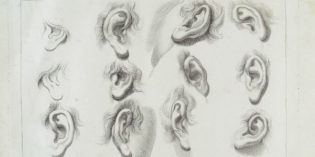
Lend us your ears: fixing the crisis of legitimacy in politics
A crisis in legitimacy afflicts British and American politics. Voters complain their voices go unheard. Democratic Audit editor Ros Taylor asks Harvard democracy professor Jane Mansbridge why, in a society where new channels of communication are opening up, politicians are increasingly distanced from the electorate. How does it help to explain Donald Trump’s success – and what are […]
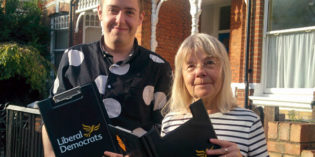
Party canvassers don’t change people’s opinions, but they do persuade them to vote
Party volunteers up and down the country (and especially in marginal seats) are pounding the streets campaigning on their party’s behalf. But what sort of effect, if any, do they really have? Charles Pattie, Ron Johnston and Todd Hartman show that while doorstep campaigning is unlikely to change people’s political opinions, it is particularly effective […]

Audit 2017: How democratic is local government in Scotland?
Local authorities play key roles in the devolved government of Scotland, as the only other source of elected legitimacy and as checks and balances on the domestic concentration of power in Scotland’s central institutions. As part of the 2017 Audit of UK Democracy, James Mitchell and the Democratic Audit team explore how democratically local councils have […]
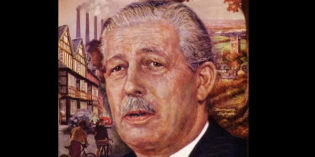
Book review | The Tories and Television, 1951-64: Broadcasting an Elite
In The Tories and Television, 1951-1964: Broadcasting an Elite, Anthony Ridge-Newman reflects on how historical developments in television broadcasting have influenced the structure of UK political parties, focusing specifically on the Conservative Party between 1951 and 1964. Backed up by rigorous archival research and interdisciplinary in scope, this is a fascinating, persuasive read that will be […]
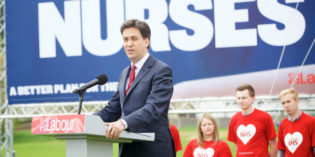
The Electoral Commission was not at fault when it investigated Tory election expenses
No charges will be made against Conservative candidates who allegedly broke electoral law during the 2015 campaign. The first reaction of some of those involved was to feel vindicated, their second was to attack the regulators. Alistair Clark explains the importance of electoral law, and argues that since trust in politics is already weak, politicians should be […]
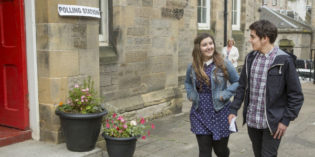
Too late for GE2017 – but now universities will have to play a role in registering students to vote
It came too late for this general election – but Parliament has passed legislation that will mean that universities will again have to play a role in registering their students to vote. Toby S James, Chris Rennard and Josh Dell explain why this is likely to have a profound effect on young people’s turnout. Photo […]

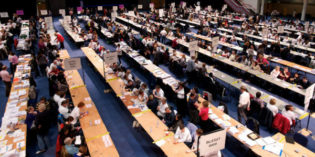


 Democratic Audit's core funding is provided by the Joseph Rowntree Charitable Trust. Additional funding is provided by the London School of Economics.
Democratic Audit's core funding is provided by the Joseph Rowntree Charitable Trust. Additional funding is provided by the London School of Economics.